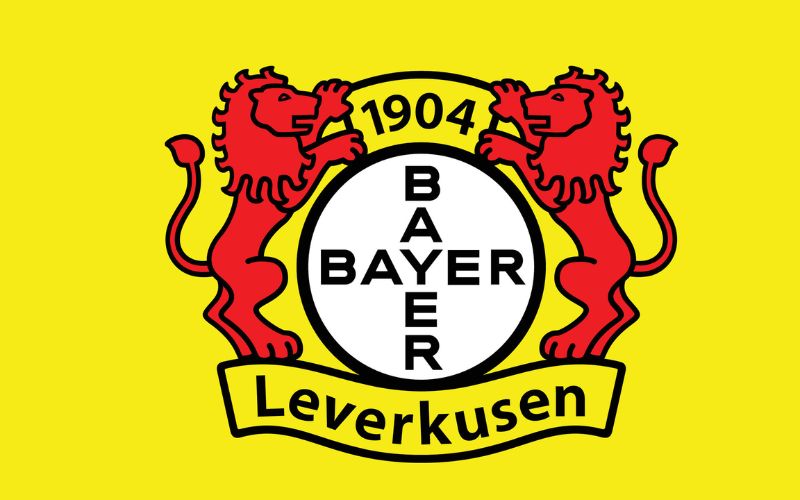Bayer Leverkusen Football Club is a renowned name in the world of football, known for its competitive spirit, rich history, and ambition to succeed. From its humble beginnings to becoming a formidable force in German football, Bayer Leverkusen has captivated fans both locally and internationally, with many turning to platforms like King33 for updates and insights on the team. This blog delves into the various facets of the Bayer Leverkusen Football Club, exploring its history, achievements, recent progress, significance in the league, and future aspirations.
Introduction to Bayer Leverkusen Football Club
The Bayer Leverkusen Football Club was founded in 1904 by employees of the Bayer pharmaceutical company in Leverkusen, Germany. Initially established as a sports club for the company’s workers, it slowly evolved into a professional football entity that would make significant contributions to German football. The club’s identity is intricately linked to its founding principles: teamwork, commitment, and innovation.
In its early years, Bayer Leverkusen had various successes at the regional level, but it wasn’t until the late 1970s that it established itself on the national stage. The journey from amateur obscurity to professional prominence reflects the club’s relentless pursuit of excellence, making it one of the most reputable organizations in the Bundesliga.
As the Bayer Leverkusen Football Club continues to evolve, it embodies a unique blend of tradition and modernity, drawing strength from its past while setting ambitious goals for its future. The club’s rich heritage, combined with an unwavering dedication to progress, positions Bayer Leverkusen as a crucial player in the realm of European football.
History and Development of Bayer Leverkusen
To understand the current stature of Bayer Leverkusen Football Club, it is essential to explore its historical context. The club was born out of the industrial revolution, where sports were utilized as a means of employee engagement and socialization. This foundation laid the groundwork for what would become a powerhouse in German football.
The Early Years: Formation and Local Competitions
Initially, Bayer Leverkusen participated in local leagues and competitions, gaining valuable experience and recognition. The club’s first major breakthrough came in 1930 when they joined the Gauliga, a regional league system that allowed them to compete against stronger teams. During this period, Bayer began to build a reputation not only for its competitive nature but also for nurturing young talent.
The World War II period presented challenges, leading to a temporary halt in competitive activities. However, the post-war era saw the reinstatement of clubs across Germany, setting the stage for Bayer Leverkusen to re-establish itself.
The Rise to Prominence: Bundesliga Days
The creation of the Bundesliga in 1963 marked a new chapter for Bayer Leverkusen. The club earned a spot in the inaugural season and gradually began to find its place among Germany’s elite. The 70s and 80s saw steady improvement, but it wasn’t until the 1996-97 season that Bayer Leverkusen achieved its first significant success by finishing as runners-up in the DFB-Pokal.
Through a combination of solid management and strategic player acquisitions, the club started attracting attention, culminating in a golden era during the late 90s and early 2000s. With talents like Michael Ballack and Ze Roberto, Bayer Leverkusen transformed into a title contender, dominating the narrative of German football.
Recent Developments: Adapting to Modern Football
Entering the 21st century, Bayer Leverkusen faced stiff competition from clubs like Bayern Munich and Borussia Dortmund. Nevertheless, the club maintained its status in the top tier of German football, making several UEFA Champions League appearances over the years.
In the past decade, Bayer Leverkusen has focused on developing young talent through their academy, which has proven instrumental in nurturing players who seamlessly transition into the first team. The club’s philosophy emphasizes sustainability and innovation, ensuring that they remain competitive in an ever-evolving sport.
Conclusion
In summary, Bayer Leverkusen Football Club stands as a testament to perseverance, ambition, and passion in the world of football. Its rich history, notable achievements, and commitment to progress position the club uniquely within the fabric of German football.
